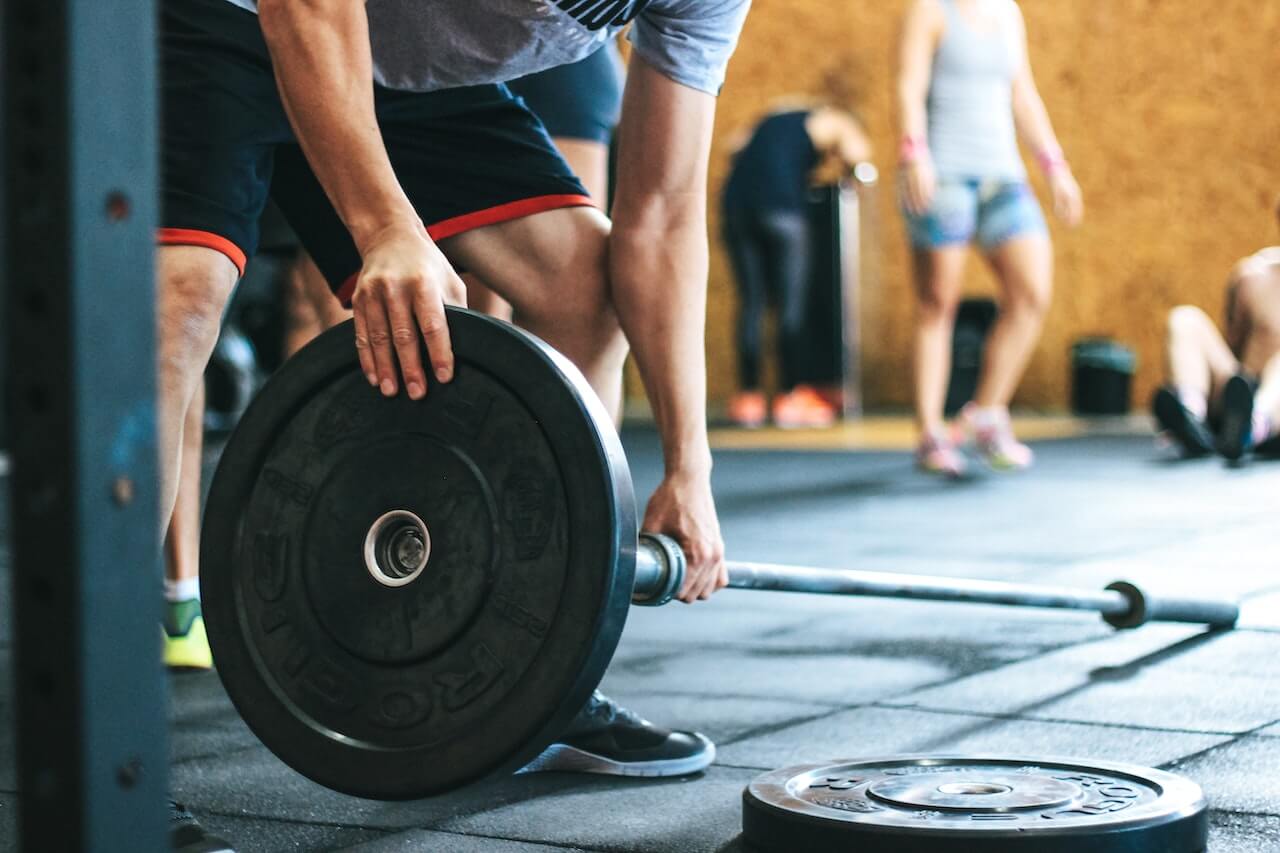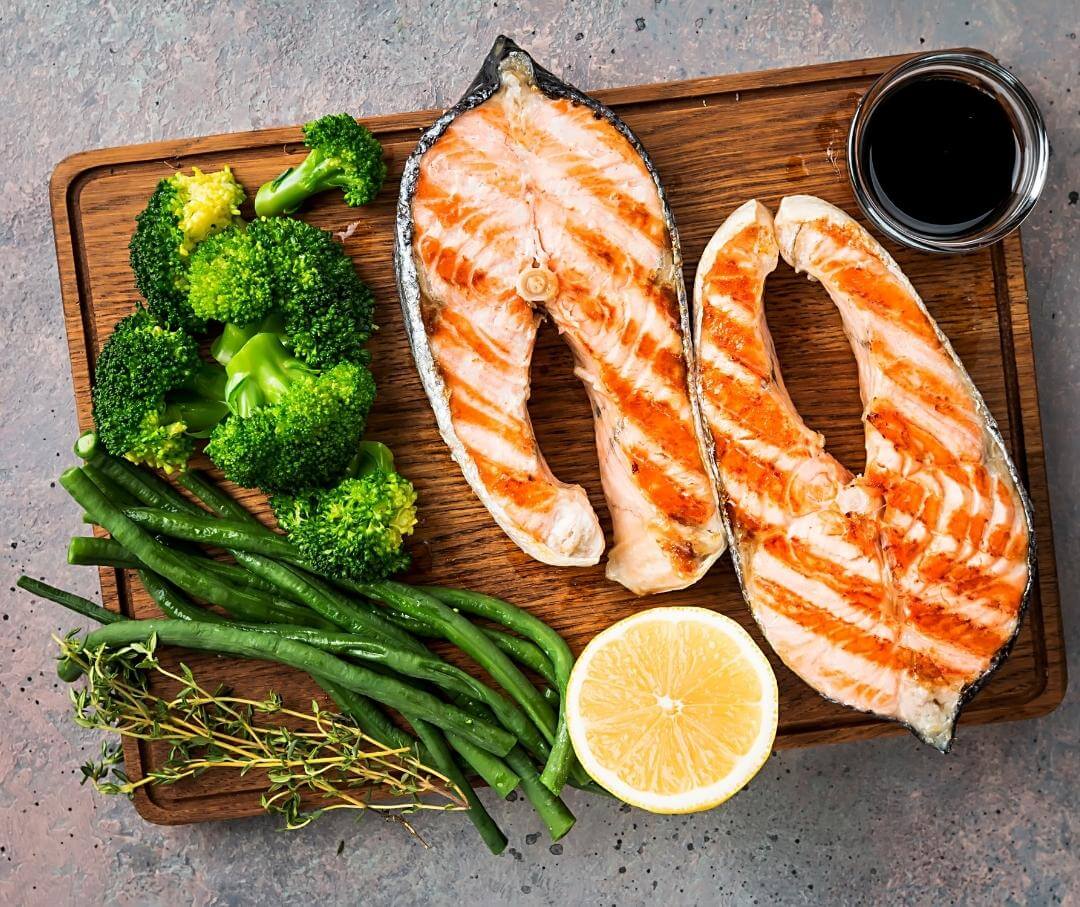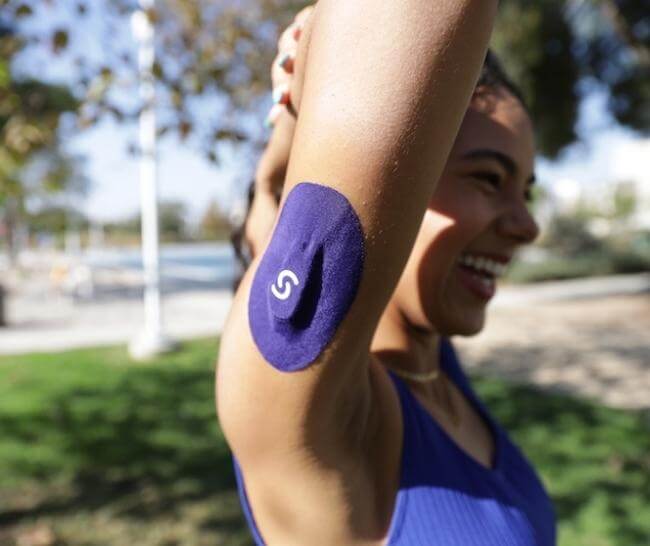Water is essential for our bodies to work well. It helps us regulate our body temperature, digest food, and maintain the health of our cells. But figuring out how much water you should drink daily is more straightforward than you might imagine. The amount can vary greatly from person to person, depending on different things.
Our bodies are unique, and what's right for one person might not be right for another. Things like your age, your weight, your activity level, the weather, and even your overall health can all affect how much water you need.
In this article, we'll explore why there isn't a one-size-fits-all answer to how much water you should drink. By understanding what affects our hydration needs, you'll be better equipped to drink enough water on a daily basis.
{{mid-cta}}
Health Benefits of Water
Understanding the nuances of hydration is essential for maintaining optimal health. While the general recommendation is to drink eight glasses of water daily, the reality is far more complex. Factors such as age, gender, activity level, and environmental conditions all influence our body's water needs. This section will explore these factors in detail, providing insight into how they impact fluid intake requirements.
Water is fundamental to our health and well-being, serving a myriad of vital functions in the body. Firstly, hydration is essential for maintaining the balance of bodily fluids, which is crucial for digestion, absorption, circulation, and regulation of body temperature. Water also plays a key role in flushing out waste and toxins from the body through urine, promoting kidney health. Staying hydrated can help maintain healthy skin, as water is essential for skin elasticity and regeneration.
Furthermore, water is essential for lubricating and cushioning joints, reducing the risk of joint pain and arthritis. Adequate hydration supports cognitive function, as the brain depends on proper hydration to function optimally. Moreover, water aids in weight management by promoting feelings of fullness, potentially reducing calorie intake, and boosting metabolism.
Recommended Water Intake per Day

The recommended daily water intake varies based on several factors, including age, sex, activity level, and overall health. As a general guideline, the National Academies of Sciences, Engineering, and Medicine suggests that men should aim for about 3.7 liters (125 ounces) of total daily water intake. In comparison, women should aim for about 2.7 liters (91 ounces). This includes water from all beverages and foods.
However, it's important to note that individual water needs can vary. Climate, altitude, physical activity, and health conditions can all influence how much water you should drink. For example, in hot weather or during intense exercise, you may need to increase your water intake to replace fluids lost through sweat.
7 Factors to Consider When Determining Your Daily Water Intake
In this section, we will explore the many factors determining your recommended daily water intake in detail and discuss how they impact hydration requirements. By understanding these factors, you can better tailor your hydration habits to meet your body's specific needs, ensuring that you stay hydrated for optimal health and well-being.
- Age: Children and adolescents may have different hydration needs than adults, as their bodies are still growing and developing. Older adults may have reduced thirst sensation and kidney function, making them more dehydration-resistant.
- Sex: Men generally have higher muscle mass and metabolic rate than women, leading to higher water requirements. Women may have increased water needs during pregnancy and breastfeeding.
- Physical Activity Level: Active individuals, especially those engaging in intense exercise or working in hot environments, may require more water to replace fluids lost through sweating. The duration and intensity of physical activity can significantly impact hydration needs.
- Climate and Environment: Hot and humid weather can increase sweating and fluid loss, requiring higher water intake to maintain hydration. High altitudes can also increase water needs due to increased respiratory water loss.
- Health Status: Certain health conditions, such as fever, diarrhea, constipation, and vomiting, can lead to increased fluid loss and dehydration, requiring higher water intake. Individuals with kidney stones or urinary tract infections may benefit from increased water intake to help flush out toxins and prevent further complications.
- Diet: Diets high in salt or protein may increase water needs, as the body requires more water to process these nutrients. Consumption of caffeine or alcohol can have diuretic effects, increasing the need for additional water to maintain hydration.
- Body Size and Weight: Larger individuals generally have higher water needs than smaller individuals, as they have more body weight to hydrate. Body composition, including muscle mass and fat percentage, can also impact hydration needs.
How to Know if Your Daily Water Intake Is Correct
Determining if your water intake is correct involves listening to your body's cues and considering various factors affecting hydration. One of the simplest ways to gauge your hydration status is to pay attention to your thirst. Feeling thirsty is a clear indicator that your body needs more fluids. Additionally, monitoring the color of your urine can provide valuable insights into your hydration levels. Pale yellow urine typically indicates that you are well-hydrated, while darker urine may suggest dehydration and a need to drink more water.
Monitoring your weight can also help assess your hydration status, as significant fluctuations in weight can be a sign of fluid imbalance. Additionally, considering your overall health and any specific health conditions you may have can help determine if your water intake is adequate. Certain health conditions, such as kidney stones or urinary tract infections, may require increased water intake to support proper kidney function and prevent complications.
Incorporating these factors into your assessment can help determine if your water intake is correct. However, it's important to remember that water needs vary, and what works for one person may not suit another. You can stay hydrated and support your overall health and well-being by listening to your body, staying mindful of your hydration habits, and making adjustments as needed.
<p class="pro-tip"><strong>Also Read: </strong><a href="is-coconut-water-good-for-hydration">Is Coconut Water Good for Hydration? Expert Insights</a>.</p>
Other Options to Stay Hydrated

Staying hydrated doesn't just come from drinking plain water; it can also be achieved through various foods and beverages. Foods with high water content, such as fruits and vegetables, can improve overall hydration. Cucumbers, watermelon, strawberries, and lettuce contain a high percentage of water and can help keep you hydrated. Additionally, soups and broths can be hydrating and provide additional nutrients.
Electrolyte-rich beverages can also help maintain hydration, especially during intense physical activity or hot weather. Sports drinks, coconut water, and electrolyte-enhanced waters can replenish electrolytes lost through sweating. However, consuming these beverages in moderation is important, as they can be high in sugar and calories.
Another option to stay hydrated is to consume beverages low in sugar and calories, such as herbal teas or infused water. Adding fresh fruits, herbs, or vegetables to water can enhance flavor and encourage you to drink more. Limit caffeinated beverages and alcohol intake, which can have a diuretic effect and increase fluid loss, can help maintain hydration levels.
If you are still struggling with consuming water throughout the day, here are some tips to stay on track with your fluid needs.
- Carry a water bottle with you and refill it throughout the day.
- Freeze some freezer-safe water bottles. Take one with you for ice-cold water all day long.
- Choose water over sugary drinks.
- Opt for water when eating out. You’ll save money and reduce calories.
- Serve water during meals.
- Add a wedge of lime or lemon to your water. This can help improve the taste.
Learn More About How to Improve Blood Sugar Health With Signos’ Expert Advice
Starting a path toward improved nutrition and embracing healthier eating habits can be a transformative journey toward overall well-being. If you're eager to delve deeper into nutrition and explore personalized guidance, consider seeking expert advice from Signos. Discover the impact of your diet, exercise routine, sleep quality, and stress levels on your blood sugar with Signos. Cultivate these positive habits daily to experience improvements in your overall health, achieve weight loss, and more. Want more? We offer a variety of nutrition and healthy habits content on our blog. Determine if Signos is the right match for you by completing a brief quiz. Gain insights into how Signos can cater to your specific needs and contribute to your journey toward improved health and nutrition. Take the quiz now to discover a personalized approach to well-being!
<p class="pro-tip"><strong>Learn More: </strong><a href="benefits-of-electrolyte-water">Top Health Benefits of Electrolyte Water</a>.</p>
- Item 1
- Item 2
- item 3


.jpg)





























